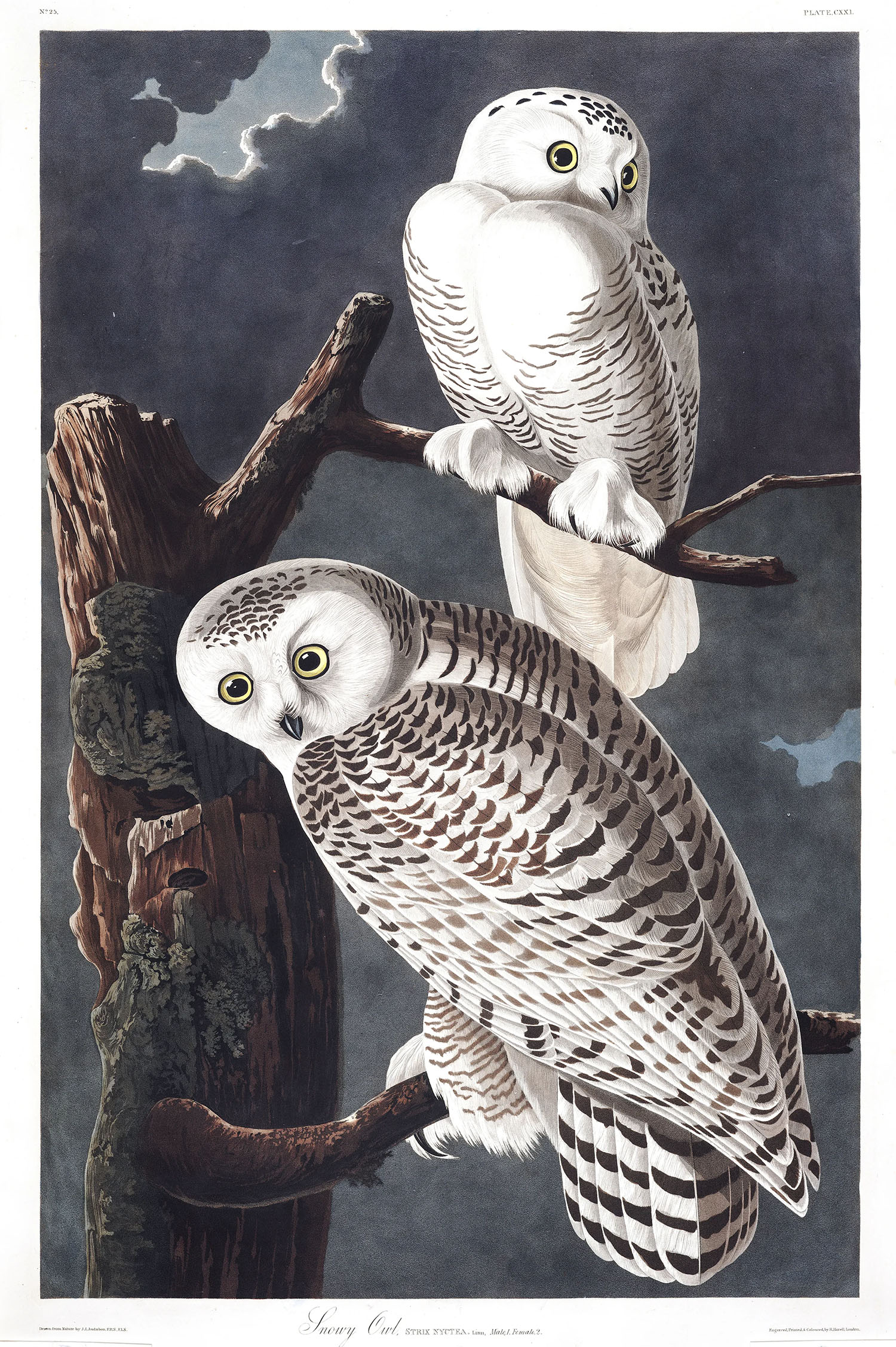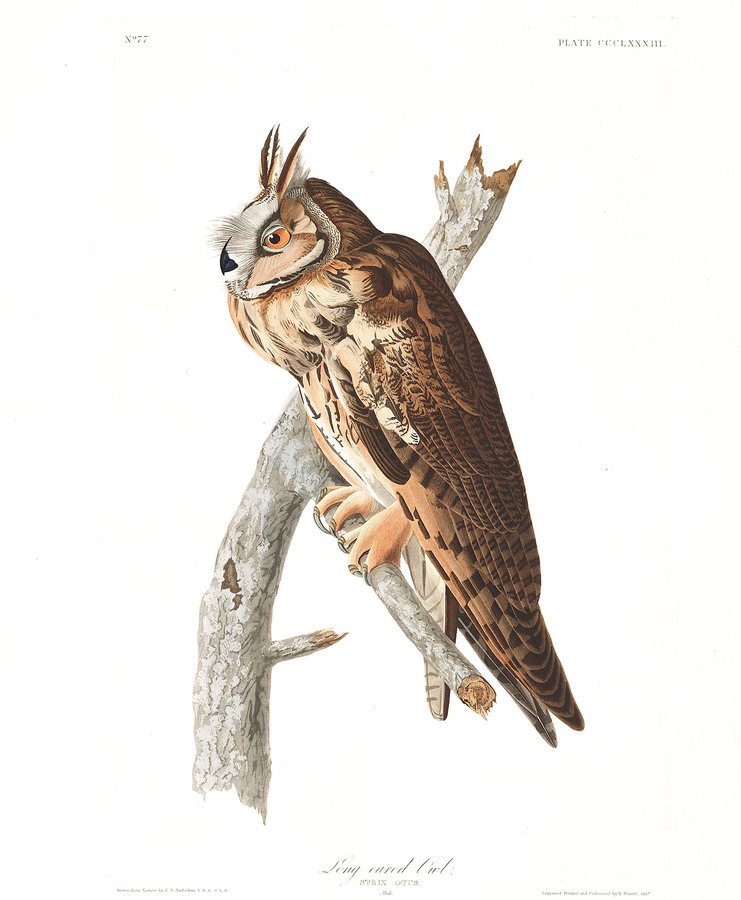Owls in Folklore
What is folklore?
Folklore consists of traditional stories, creations, and actions of a given people. As recounted in The Journal of Folklore Research:
Whenever in many callings the knowledge, experience, wisdom, skill, the habits and practices of the past are handed down by example or spoken word, by the older to the new generations, without reference to book, print, or schoolteacher; / Then we have folklore in its own perennial domain, at work as ever, alive and shifting, always apt to grasp and assimilate new elements on its way.
-- Marius Barbeau [1]
Owls are prominent in these intergenerational stories, across the world and throughout time. Examples of owls in folklore can be seen in many areas, from the Mari people (Finno-Ugric people that live in Central Russia), to native people in the Southwestern United States and Mexico (Zuni and Aztec folklore are two examples), from ancient Rome to early twentieth-century England and the American South. (See "Resources" for articles on each topic.) There are stories all across the world and numerous themes associated with owls. It seems that, wherever owl habitats exist, symbols about them exist as well. Here, we highlight three: luck, wisdom, and death.
Owls and Luck
Owls are considered lucky in Japan, a symbol of wisdom and fortune. As noted in Nippon.com, "The Japanese name for the bird, fukurō, has an auspicious ring, carrying the homophonic meaning of “without hardship”—the negative prefix fu (不) attached to kurō (苦労)—as well as containing the word fuku (福), or good luck. " [2]
Owls and Wisdom
Many cultures attribute the owl to wisdom. The "Little Owl" is associated Athena, the Greek goddess of wisdom, and owls are considered symbols of this. [3] The Native peoples of the Great Plains considered the owl both wise and friendly, providing advice and counsel. [4] Many works of literature evoke the owl in this way, from oracle to sage. In Desmond Morris's comprehensive book, Owl, the author notes that the nocturnal behaviors of the owl may contribute to its assocation with wisdom: "This idea of the owl as a creature of the dark night who is not troubled by frantic daytime chaos and who therefore has time to ponder and contemplate... may go part of the way towards explaining the owl as a symbol of wisdom." [5]
Owls and Death
While owls take on many symbols in folklore, one common theme is death. Victorians in the late 19th and early 20th century England believed hooting owls foretold death, a belief dating back to the thirteenth century. Folklorists in the 1930s wrote that a recurring theme occured in their interviews with many Americans across the U.S.: owls hooting more than usual near a sick person predicted that person's death. As one interviewee noted, "Them owls know." [6] The theme of death was also recorded in the 1930s American South. For example, the Georgia Writers' Project of the WPA interviewed formerly enslaved Black residents of the state. Interviewees noted that owls and turkeys portended misfortune, particularly the sounds of screech owls close to home -- the closeness of the sound meant someone close will experience suffering. Owls were considered harbingers of death, a mixture of both African and Christian beliefs. [7] Many Native American tribes also associate owls with death, destruction, and misfortune. The hooting of owls, in particular, serves as a warning for many tribes across North America. Among other nations, however, the owl provides warning and wisdom. [3]
[1] "Definitions of Folklore." Journal of Folklore Research
Vol. 33, No. 3 (Sep. - Dec., 1996), pp. 255-264.
[2] Ebeid, Ehab Ahmed. "Mystical Impressions: Views of Luck in Japan and Abroad." nippon.com. Accessed 2022-12-29.
[3] "Athena." Encyclopedia Britannica. Accessed 2022-12-29.
[4] "The Owl Husband: a Passamaquoddy Legend." First People. Accessed 2022-12-29.
[5] Morris, Desmond. Owl. London: Reaktion, 2009.
[5] Frisby, Helen. "'Them Owls Know': Portending Death in Later Nineteenth- and Early Twentieth-century England." Folklore, 126 (Aug 2015): 196-214.
[6] Pasierowska, Rachael L. "'Screech Owls Allus Holler 'round the House before Death': Birds and the Souls of Black Folk in the 1930s American South." Journal of Social History, 51:1 (Fall 2017), p. 27-46.


